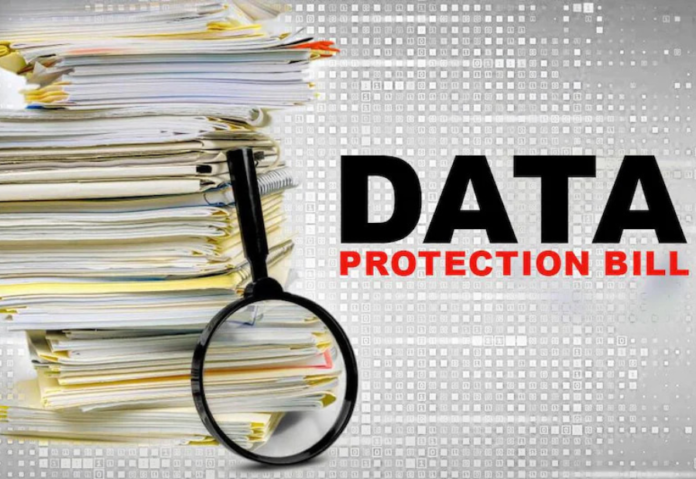The rules for the implementation of various provisions mentioned in the Digital Personal Data Protection Bill will also have to be put in place by the government once the law is notified
The Digital Personal Data Protection Bill of 2023, without any amendments, was passed by the Rajya Sabha on Wednesday. The bill was passed amid a walkout by members of the Opposition.
Earlier this week, as Opposition members continued to protest and shout slogans seeking a debate on the Manipur issue, the Digital Personal Data Protection Bill was passed by the Lok Sabha. In both houses, the bill has been passed by voice vote.
Now, the Digital Personal Data Protection Bill will be sent to President Droupadi Murmu for her assent, following which it will be notified in the central gazette and become law. India will have its first law aimed at protecting the digital rights and privacy of citizens and their personal data.
“The passage of the bill is historic,” said the minister of electronics and IT, Ashwini Vaishnaw. “The Bill provides a very robust legal framework to protect the privacy of Indians. It has globally accepted principles that are legally enshrined in the law,” he added.
Adding that this is a “huge change in the digital economy, and every step is being taken with several checks and balances,” the Digital Personal Data Protection Bill may take six to twelve months for a rollout, Vaishnaw said. However, the government will try for a faster rollout, he added.
“The passage of the bill will result in a major change in behaviour on the part of organisations,” said Rajeev Chandrasekhar, minister of state for electronics and IT.
“Those days will be long gone when companies held the data of users and there were no ways for the user to seek remedial measures. Going ahead, there will be rules for implementation that will be put in place. We will certainly give time to the industry and ensure there is no disruption of business,” he added.
The rules for the implementation of various provisions mentioned in the Digital Personal Data Protection Bill will also have to be put in place by the government once the law is notified. These rules would be crucial, but there could be implementation complexities faced by companies, experts said.
“This is a great step forward for the country with a law that is contemporary, comprehensive, in line with global practises, and one that prioritises the citizens’ and nation’s interests,” said Rajiv Memani, CEO, EY India. Sivarama Krishnan, the leader of Asia Pacific cyber security and privacy at consulting firm PwC, said that going ahead, the Digital Personal Data Protection Bill is likely to push companies and enterprises towards the journey of digital maturity.
Do Follow: CIO News LinkedIn Account | CIO News Facebook | CIO News Youtube | CIO News Twitter
About us:
CIO News, a proprietary of Mercadeo, produces award-winning content and resources for IT leaders across any industry through print articles and recorded video interviews on topics in the technology sector such as Digital Transformation, Artificial Intelligence (AI), Machine Learning (ML), Cloud, Robotics, Cyber-security, Data, Analytics, SOC, SASE, among other technology topics






